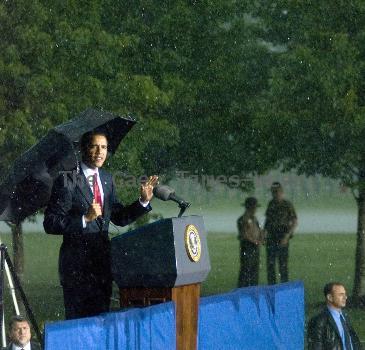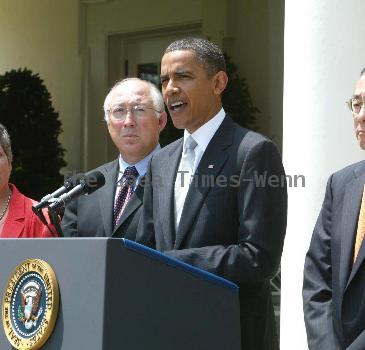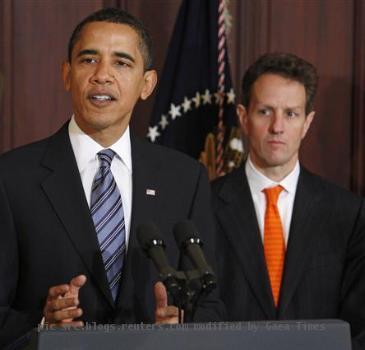3 Australians, 1 American die in military helicopter crash in southern Afghanistan
By Rohan Sullivan, APMonday, June 21, 2010
Afghan chopper crash kills 3 Aussies, 1 American
KABUL, Afghanistan — A helicopter crash killed three Australian commandos and a U.S. service member before dawn Monday in a rugged area of southern Afghanistan where fighting has raged for days.
Five other international service members, including four Americans, died in separate attacks in the east and south, officials said. The latest deaths brought the number of international service members killed in Afghanistan this month to at least 62, including 41 Americans.
NATO and Australian officials said there was no evidence that hostile fire was responsible for the crash, although Taliban spokesman Qari Yousef Ahmadi claimed the insurgents shot down the helicopter with a rocket.
The Australian deaths are likely to increase pressure on the government of Prime Minister Kevin Rudd to withdraw Australian forces from the conflict. The Dutch are pulling out their 1,600 troops from Afghanistan in August, and Australia has already ruled out sending more soldiers to make up for the loss.
“This is a tragic day for Australia and for the Australian defense force,” Rudd said in a statement to Parliament. “We know our mission in Afghanistan is hard, but this mission is critical for our common security.”
Australia’s air force commander, Air Chief Marshal Angus Houston, said seven Australians were injured in the crash, two of them seriously. He said the helicopter went down about 3:40 a.m. in the northern part of Kandahar province, the southern Taliban stronghold that is the focus of a major NATO and Afghan security operation.
Afghan officials said the crash occurred in the Shah Wali Kot district of Kandahar, the scene of recent heavy fighting involving Australian and U.S. special operations troops and Taliban fighters. The area controls routes into Uruzgan province, where most of Australia’s 1,500 soldiers are based.
Ten of the 15 people aboard the helicopter were Australians, according to Australian Defense Minister John Faulkner.
Besides the service members killed in the copter crash, five additional international service members, including four Americans, died in separate attacks Monday, officials said.
Two Americans were killed in a bomb attack in the east, one American was killed in a firefight in the south and a fourth American was killed in a bomb attack in the southern part of the country, officials said. In addition, an international service member whose nationality was not immediately known was killed in a second bomb attack in the south.
June is shaping up to be one of the deadliest months of the 9-year war for U.S. and international forces. The deadliest month for U.S. troops was October 2009, when 59 Americans died. The deadliest for the entire international force was July 2009 when 75 troops, including 44 Americans, were killed.
U.S. officials had warned of higher casualties after President Barack Obama’s decision last December to dispatch 30,000 more U.S. troops to Afghanistan to try to turn back the Taliban, who have revived from their 2001 defeat in the U.S.-led invasion. Obama also promised to review progress at the end of the year and begin pulling out U.S. forces starting in July 2011 depending on conditions on the ground.
Obama’s chief of staff, Rahm Emanuel, said Sunday that the July 2011 date still holds.
With security fears mounting, the United Nations officials confirmed Monday that it has begun moving some of its 300 foreign staff in Afghanistan to Kuwait and other locations. The U.N. has been facing recruitment and housing problems since it tightened security for staffers in the wake of an attack on a residential hotel in Kabul in October where U.N. election staffers were staying. Five U.N. employees died in the attack.
U.N. associate spokesman Farhan Haq told The Associated Press the plan is to move mainly clerical and administrative staff and would involve only a few dozen people.
“The work we do will remain the same,” Haq emphasized. “We’re not going to do less of anything, therefore there would be no significant reductions of staff.”
Also Monday, a suicide bomber believed to be a woman attacked a security checkpoint in Kunar province of eastern Afghanistan, wounding 13 civilians, three policemen and three soldiers, provincial police chief Khalilullah Zaiyie said.
A spokesman for Wardak provincial police, Wakil Sherzai, said the Taliban beheaded the acting chief of the central province’s district of Sayyed Abad. Gunmen seized the man at his home four days ago and his body was found Monday.
Two Afghan policemen were killed and two were wounded Monday by a roadside bomb in the Nad Ali district of southern Helmand province, the Interior Ministry said.
In Kabul, the anti-graft commission reported that President Hamid Karzai earns 24,000 Afghanis, or about $527, a month. He has 15,300 euros, or about $18,500, in a German bank but owns no land. His wife has jewelry worth more than $10,000.
The High Office for Oversight and the Anti-Corruption Commission plan to release financial disclosure information on at least 2,000 top officials as part of an effort to combat corruption in the country.
Mohammad Yasin Osmani, head of the commission, said Karzai’s financial information was released first and those of other figures would be announced later.
Associated Press Writers Mirwais Khan in Kandahar, John Heilprin at the United Nations, Heidi Vogt and Amir Shah in Kabul and Rohan Sullivan in Sydney, Australia, contributed to this report.
Tags: Accidents, Afghanistan, As-afghanistan, Asia, Australia, Australia And Oceania, Barack Obama, Bombings, Central Asia, Kabul, Kandahar, North America, Transportation, United States, War Casualties











